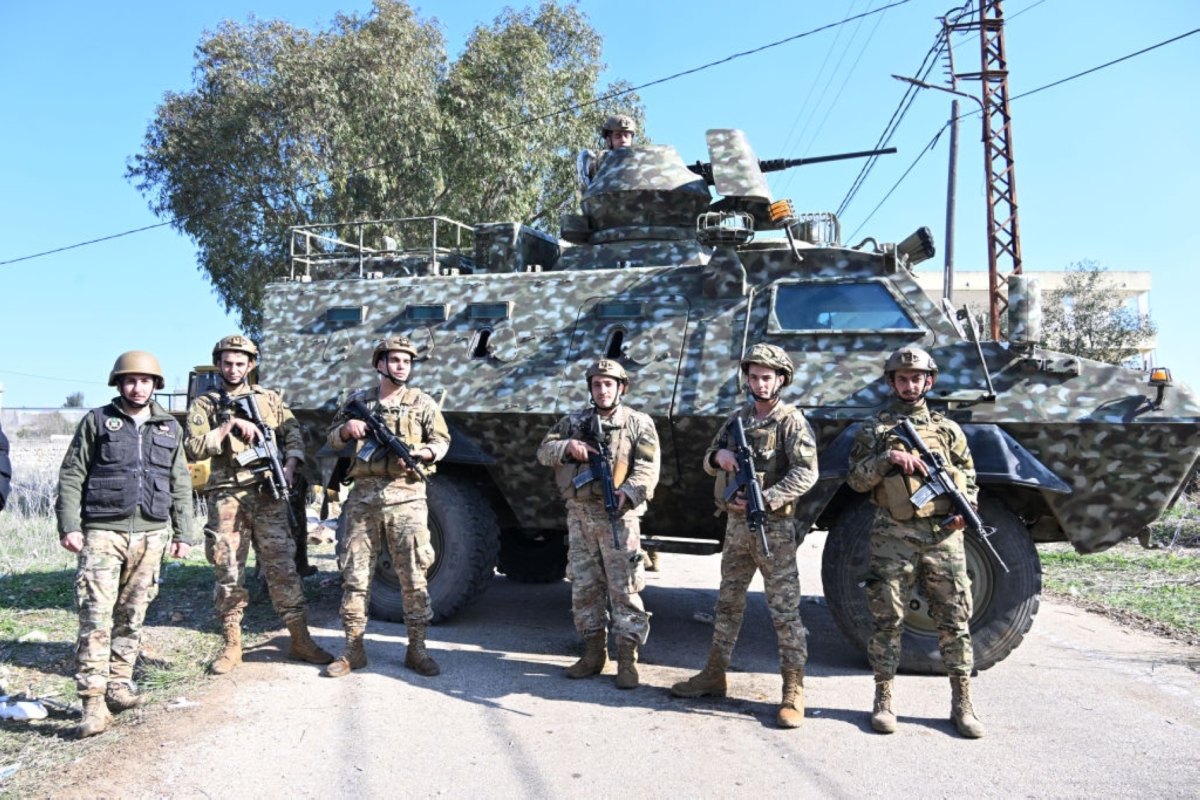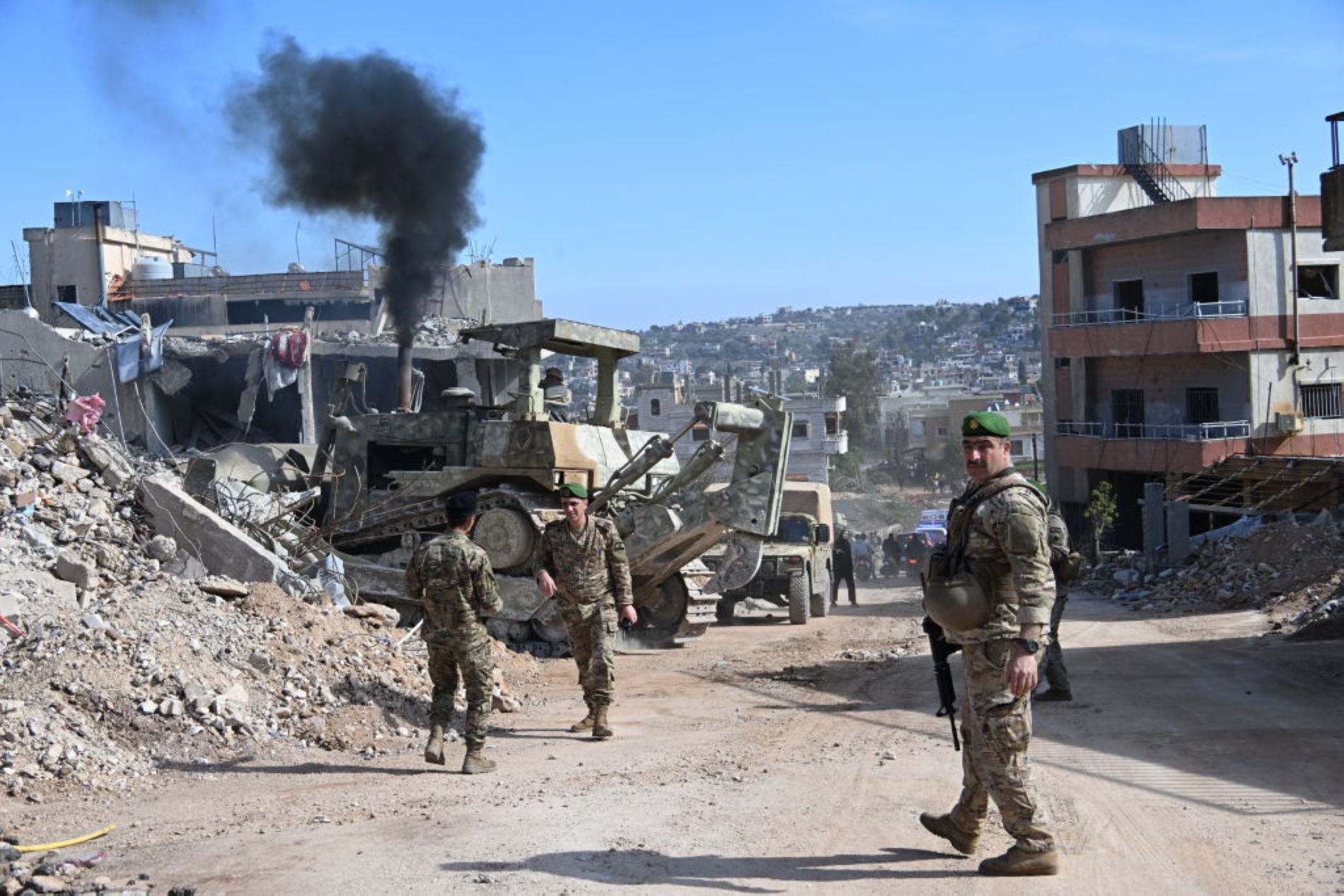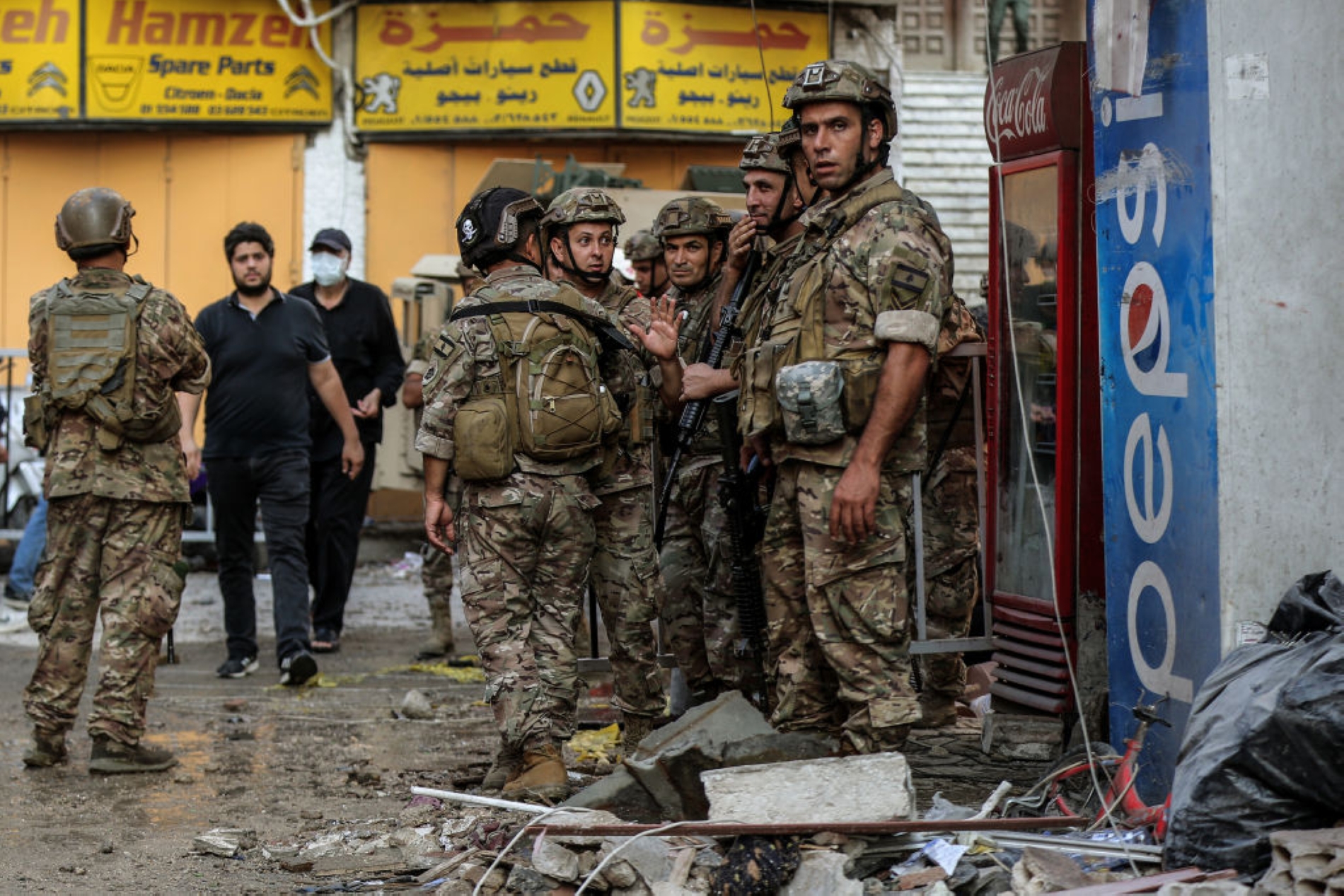In his inaugural speech in January, Lebanese President Joseph Aoun said the Lebanese state should regain its monopoly over the use of force, to applause from lawmakers and international partners alike. A former Lebanese army commander, Aoun repeated that pledge in April. A decision “has been taken,” he said.
Until it becomes clear when and how this goal will be achieved, everything in Lebanon will be put on-hold. Indeed, supportive countries such as the United States, France, and Saudi Arabia will not help reboot Lebanon’s debt-stricken economy or wade into the reconstruction task in the south until Aoun and Prime Minister Nawaf Salam present a concrete blueprint for disarming Hezbollah.
Washington wants there to be a public commitment from Beirut. If this is not forthcoming, US special envoy Thomas Barrack may end his shuttle diplomacy. Likewise, Israel may suddenly feel less pressure to end its airstrikes and pull its troops away from the five hilltops it is occupying in southern Lebanon.
Unlikely to disarm
Israel is believed to have destroyed most of Hezbollah's arms, but the Iran-backed group reportedly still has weapons stored north of the Litani River, the Bekaa Valley, and the southern suburbs of Beirut, including armed drones and long-range precision-guided missiles. What it still has, it will keep, says leader Naim Qassem, who succeeded Hassan Nasrallah after Israel killed him in September 2024. “We will not surrender or give up to Israel,” he said in a video message on 18 July. “Israel will not take our weapons away from us.”
Qassem’s words should shock no-one: Hezbollah was always unlikely to disarm voluntarily and transition to a ‘normal’ political party, since this would have meant ‘throwing in the towel.’ Surrender is antithetical to the group’s philosophy of armed struggle and martyrdom. Without its guns, Hezbollah is just another sectarian group in Lebanon, with less political acumen and experience than others, and little ability to compete fairly in local and national elections.
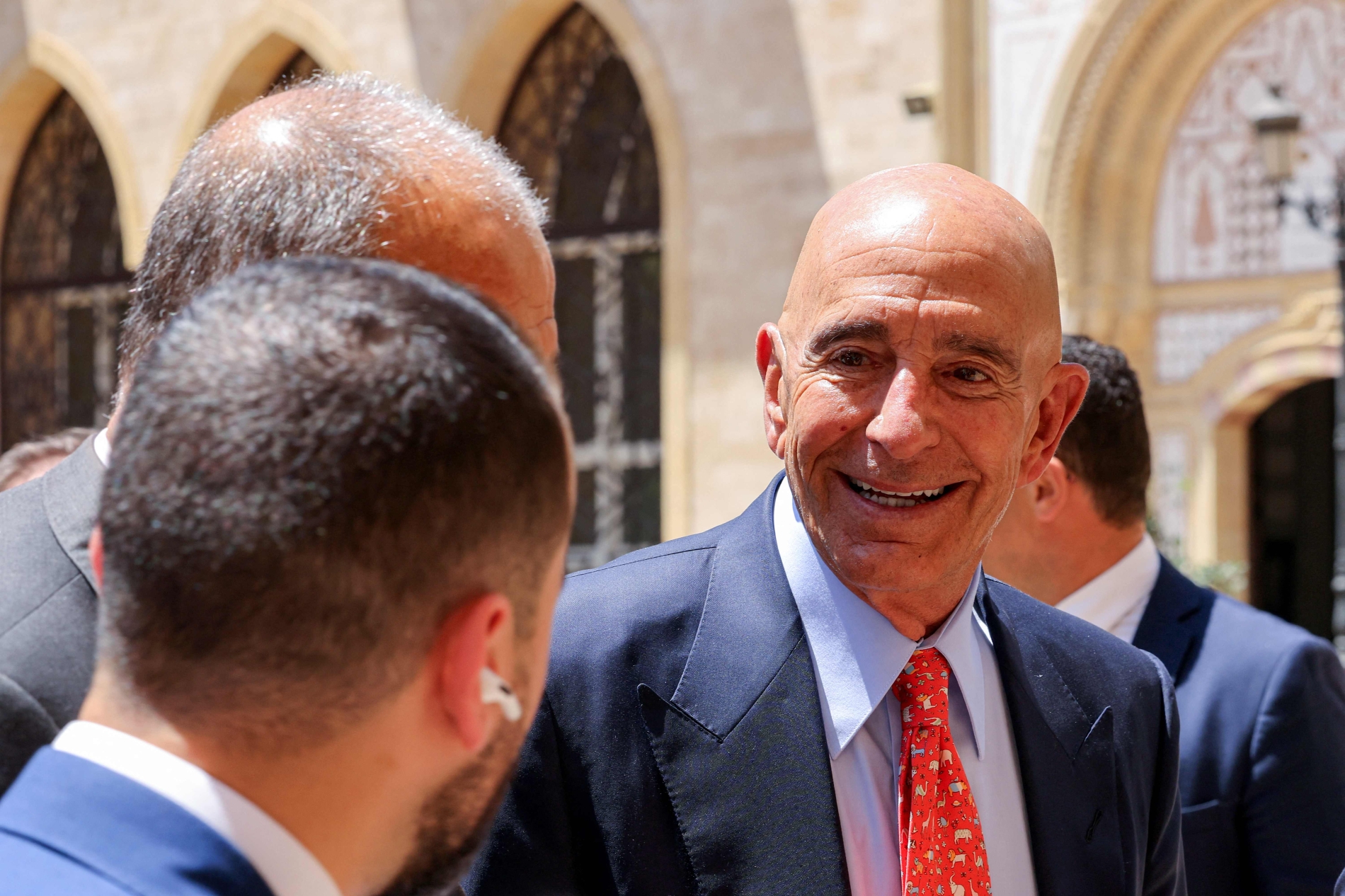
Given that Hezbollah has no intention of disarming unless forced to, and given that it may even seek to restore its depleted stockpiles, there would seem to be two remaining options: either Israel finishes the job militarily, or else the Lebanese army steps in. Each comes with risks and complications.
The Israeli option
Israel has already carried out more than 500 airstrikes against Hezbollah targets since the November 2024 ceasefire to further degrade the group’s military capabilities and lower the chance of rearming. According to the Israeli military, it has killed at least 230 Hezbollah operatives, and destroyed more than 90 rocket launchers and thousands of rockets, 20 command centres, 40 weapon depots, and five arms production sites, alongside other infrastructure.
Whether this continues or escalates remains to be seen. When asked, Barrack said a new Israeli war was not expected, but cautioned that the US could not “compel” Israel to do anything. By sticking to its current formula, Israel can further dent Hezbollah’s remaining combat power, but will not eliminate it. To do that would require another ground invasion.
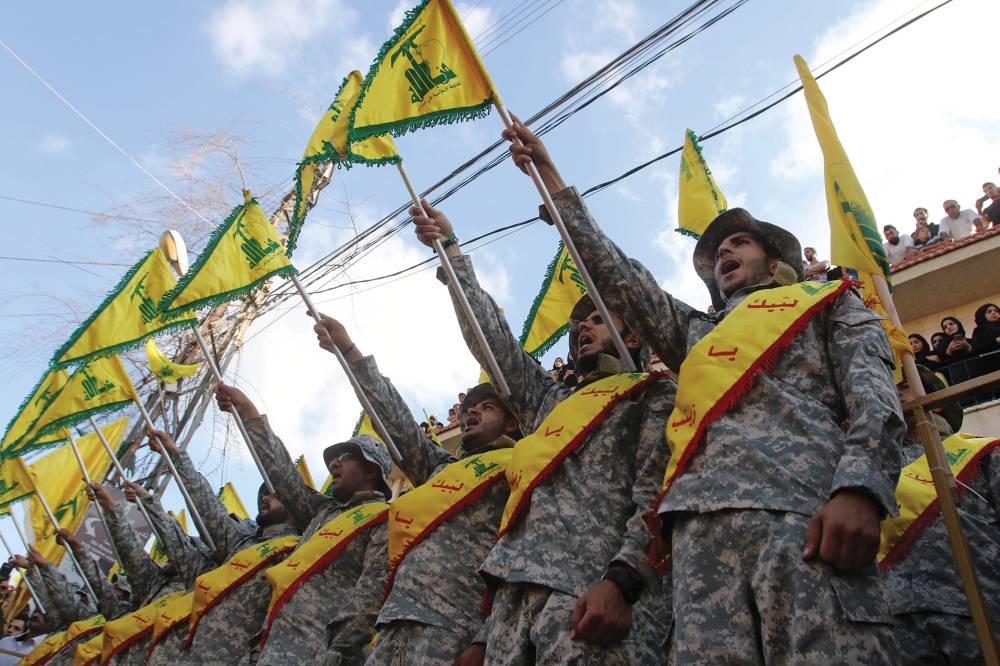
The political and military costs of this may seem less tempting in Tel Aviv, where Prime Minister Benjamin Netanyahu is already under tremendous pressure for his disastrous handling of the war in Gaza. Invading Lebanon may divert attention from his problems temporarily, but it would also further isolate Israel at a time when states such as the UK, France, Canada, and Saudi Arabia are cooling rapidly.
The in-house option
The second option, then, is the Lebanese Armed Forces (LAF) helping to push Hezbollah to disarm. Since the November ceasefire, the LAF has played a central role as part of the Cessation of Hostilities Implementation Mechanism, a reformulated version of the tripartite mechanism established following the 2006 war between Israel and Hezbollah. Under the terms of the cessation-of-hostilities arrangement, the revised mechanism is chaired by the United States and hosted by United Nations Interim Force in Lebanon, or UNIFIL. It also includes the Israeli military and the LAF, as well as France.


